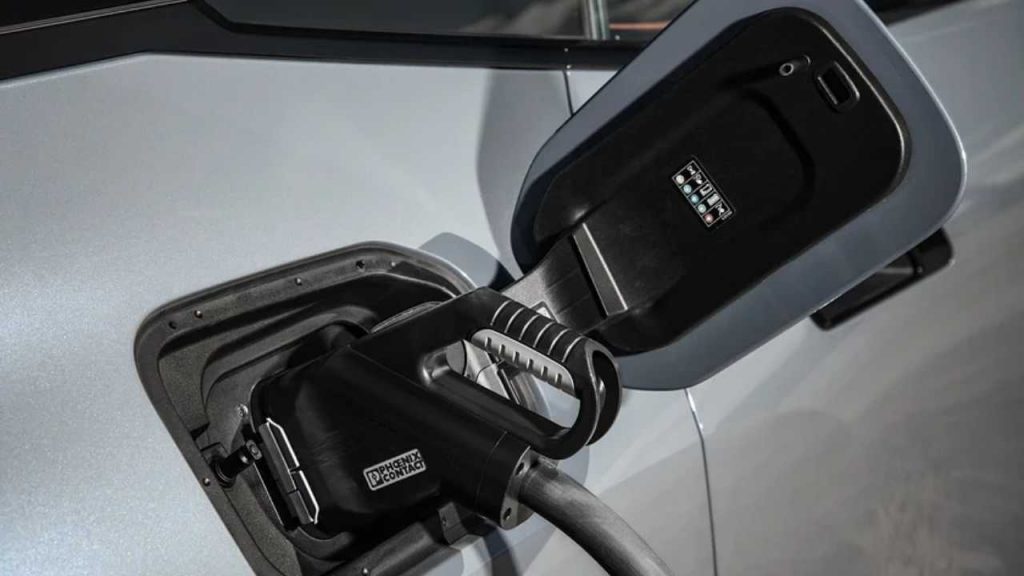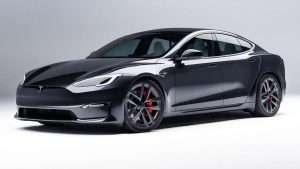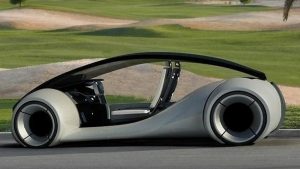Harvard’s Breakthrough Solid-State Battery: A Game-Changer for Electric Vehicles

charger station (carbuzz.com)
Quick Recharge and Exceptional Longevity Propel Harvard’s Innovation to the Forefront
The race to bring solid-state batteries into the mainstream is intensifying, and Harvard University has emerged as a frontrunner with its groundbreaking development. In a study published in Nature Materials, Xin Li, Associate Professor of Materials Science at Harvard John A. Paulson School of Engineering and Applied Sciences (SEAS), revealed their achievement in creating a solid-state battery that recharges in just 10 minutes, surpassing conventional pouch-type batteries in longevity.
The key breakthrough lies in the use of a lithium metal anode, offering ten times the capacity of commercial graphite anodes. This makes lithium metal anode batteries a coveted advancement for automotive applications, often referred to as the ‘holy grail’ in the industry. Notably, solid-state batteries have faced challenges related to dendrite formation, a problem the Harvard researchers claim to have solved by deploying micron-sized silicon particles that prevent dendrites from penetrating the anode-cathode barrier.
Beyond the impressive recharge speed, the Harvard battery, tested in a postage stamp-sized pouch cell version, retained 80% of its capacity after an outstanding 6,000 cycles. This level of resilience outperforms any other pouch-type cell currently available in the market. Solid-state batteries represent a significant leap for electric vehicles (EVs) due to their enhanced range, energy density, and stability compared to traditional liquid-electrolyte battery technology.
The technology developed by Harvard has been licensed to Adden Energy, a battery company founded by a team of scientists from the university. The prospect of mass-market adoption hinges on further development and integration of this revolutionary solid-state battery technology. As the automotive industry strives to embrace cleaner and more efficient energy solutions, Harvard’s innovation could play a pivotal role in shaping the future of EVs, elevating their performance and sustainability.





